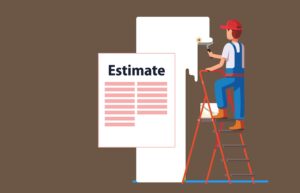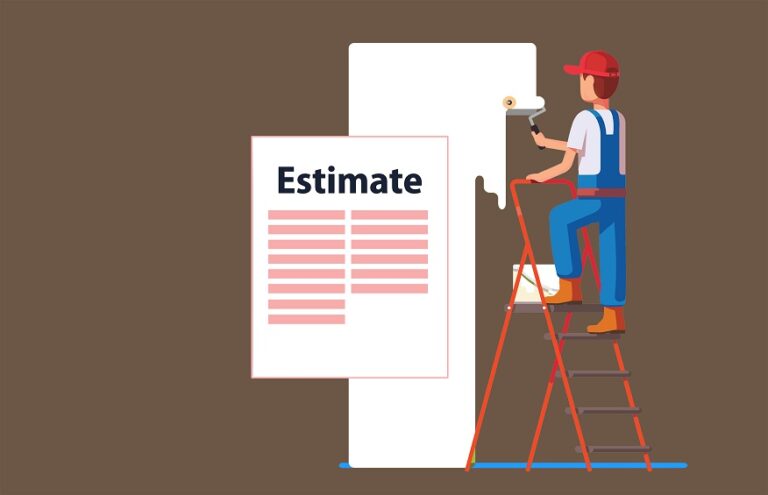Construction businesses have now charged their working ways by employing gig workers for multiple projects. The gig economy has overgrown the ratio of self-employed contractors. The main reason behind this is the freedom and flexibility of freelancing work. But for independent contractors, freedom often comes with a price. With no proper management system, they may miss essential tax considerations. If you are an independent contractor or subcontractor, this blog post will give you crucial tax considerations of contractor payroll management you can’t afford to miss.
7 Essential Tax Considerations for Independent Contractors
1. Business Structure
One of the first decisions a self-employed contractor needs to make is their business structure. The choice of business structure significantly impacts how income is taxed. Self-employed contractors commonly use sole proprietorships, LLCs, or S Corporations, each with unique tax implications.
- Sole Proprietorship: It is the most simple structure. The business’s income is treated as the owner’s income.
- LLC: An LLC provides liability protection and allows flexible taxation as a sole proprietor, partnership, or S corporation, optimizing your tax situation.
- S Corporation: S Corporations allow self-employed contractors to pay themselves a reasonable salary and take the rest of the income as dividends.
2. Estimated Taxes
Estimating your taxes gives you a clear picture of how you must pay your taxes correctly. Self-employed contractors pay their taxes quarterly. If you expect to owe more than $1000 in a year, you must be accurate in your calculations. It can save you from any penalties or extra charges. Calculate your annual income, deductions, and credits for faster results. Keeping accurate financial records is essential to ensure that you can make the payments accurately. Working with an accountant is advisable to ensure you make suitable estimated tax payments and avoid penalties.
3. Self-Employment Tax
Your self-employment tax covers Social Security and Medicare taxes. Companies usually split these taxes with their employees to save them from paying massive amounts. But, freelance contractors need to pay the total amount. According to a research report by the IRS, in 2023, the self-employment tax rate is 15.3% of net earnings. It consists of 12.4% for Social Security and 2.9% for Medicare. Additionally, there is a cap on the Social Security portion of the tax, which changes annually.
4. Deductible Business Expenses
Self-employed contractors can deduct various business expenses to reduce their taxable income. Ordinary deductible expenses include:
- Office space: You are eligible for home office deductions if you have a workstation or workspace.
- Equipment and supplies: Supplies costs such as equipment and software necessary for your work.
- Professional services: Payments to accountants, lawyers, or other professionals can be deducted.
- Business travel and meals: Expenses related to business travel, meals with clients, and entertainment can be partially deducted.
- Insurance: Premiums for health, liability, and other business-related insurance are deductible.
- Marketing and advertising: Costs associated with promoting your business are deductible.
Vehicle expenses: If you have any vehicle that you use for business tasks, you can cut a portion of the costs.
5. Retirement Planning
Businesses provide sponsored retirement plans for their employees. Independent business owners prefer to avoid these benefits as they must plan their retirement. By contributing to retirement accounts through contractor payroll management, self-employed contractors can reduce their taxable income and secure their financial future.
- Solo 401(k): This plan allows self-employed individuals to contribute as both the employer and the employee, potentially saving more for retirement.
- SEP IRA: It is a simplified retirement plan account that offers a straightforward way to save for retirement while enjoying tax benefits.
- SIMPLE IRA: It is another retirement option for self-employed individuals, offering employee and employer contributions.
- Traditional and Roth IRAs: These individual retirement accounts offer tax benefits, with the vital difference being when taxes are paid (before or after retirement).
6. Record Keeping
Accurate record-keeping is essential for self-employed contractors. It helps you claim all the deductions you’re entitled to and provides evidence in case of an IRS audit. Payroll for contractors allows you to maintain clear financial records. It can keep track of the following:
- Income and revenue records: Invoices, receipts, and bank statements.
- Expense records: Receipts, invoices, and payment proof.
- Tax records: Copies of tax returns, estimated tax payments, and any correspondence with the IRS.
- Business contracts and agreements: Any agreements related to your work or business relationships.
- Mileage logs: If you deduct vehicle expenses, maintain accurate mileage logs.
7. Education and Training Expenses
Investing in your professional development is typical for self-employed contractors. Payroll for contractors can be easier by following some points:
Form 1099 Reporting
Be prepared to report all income received from clients or customers on your tax return, especially if you receive a Form 1099-MISC. Failure to report income can lead to audits and penalties.
Quarterly Review and Adjustments
Regularly review your financial records and adjust your estimated tax payments as needed. If your income fluctuates throughout the year, you must adapt your quarterly payments to avoid underpayment penalties.
Conclusion
Freelancing contractors make their own work rules, sometimes leading to difficulties. With these tax considerations at your fingertips, you can securely elevate your tax methods. Managing an independent construction business can be even simpler with payroll for contractors. If you need professional assistance with estimated payments, Payroll4Construction is a trusted software provider for contractor payroll management.












+ There are no comments
Add yours